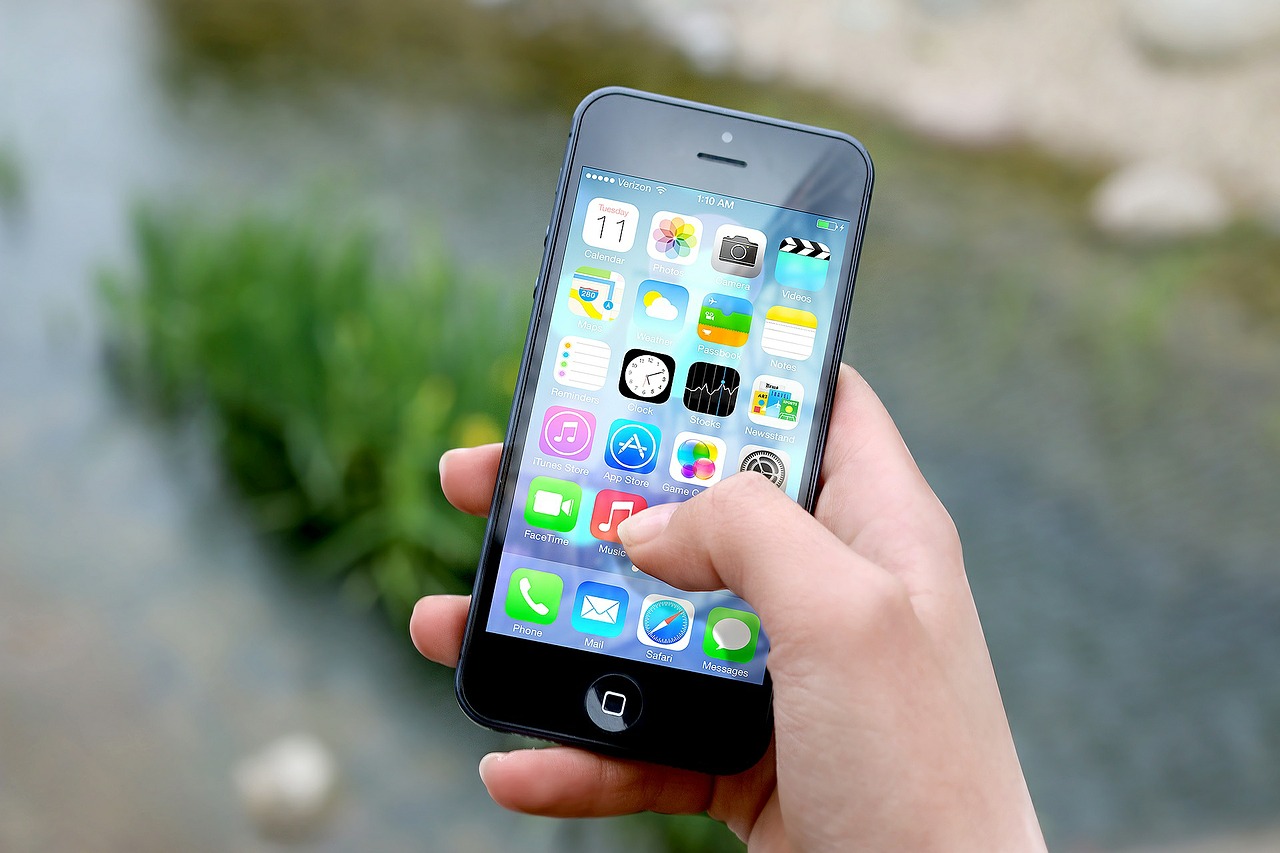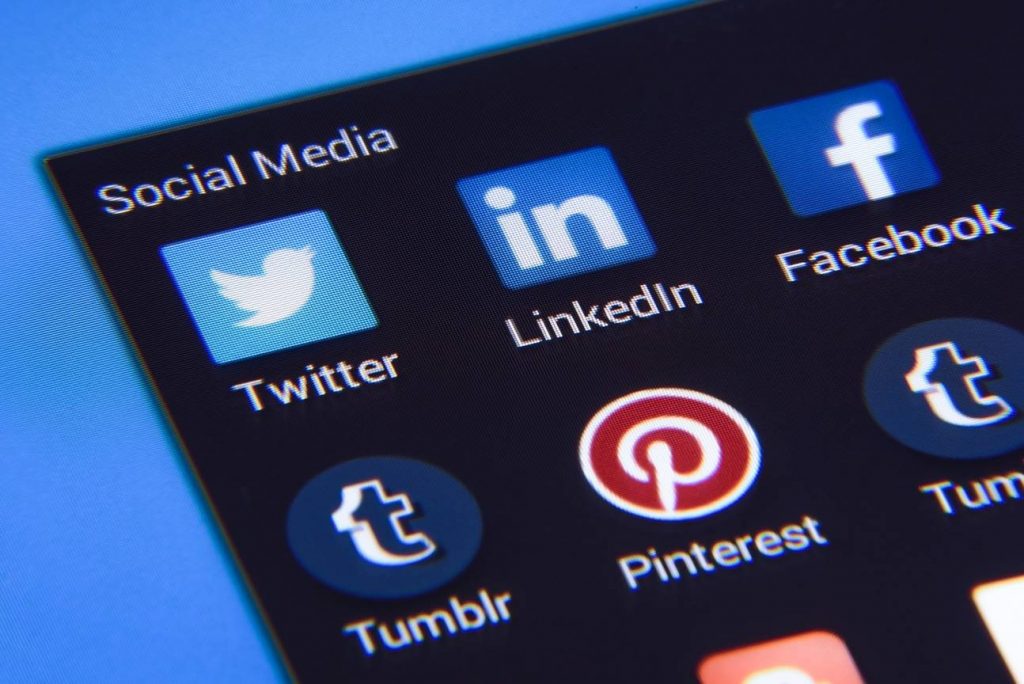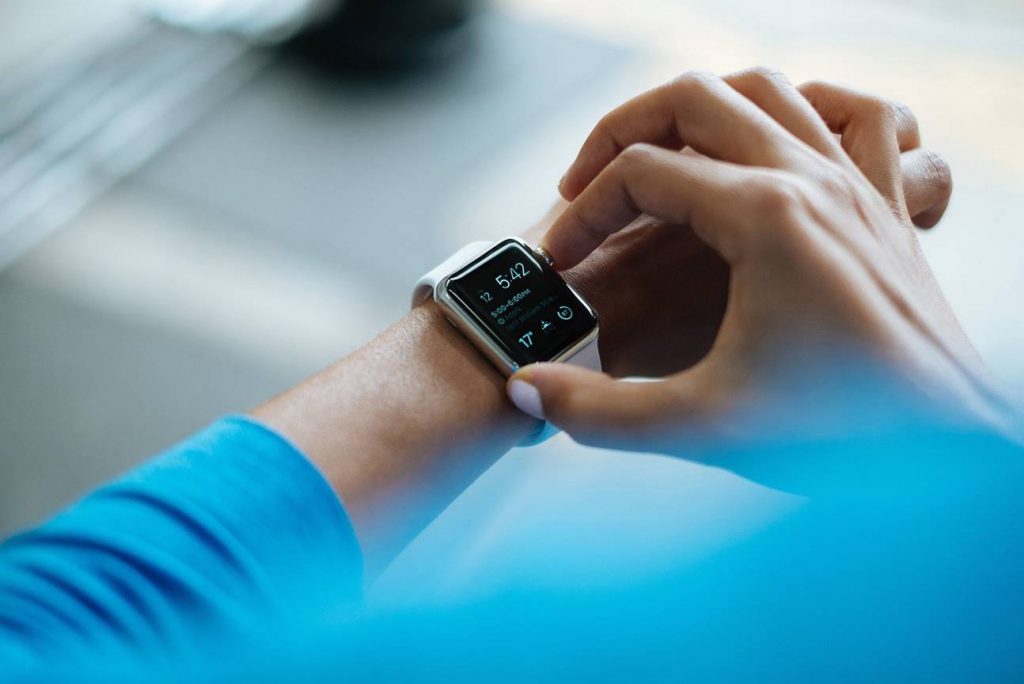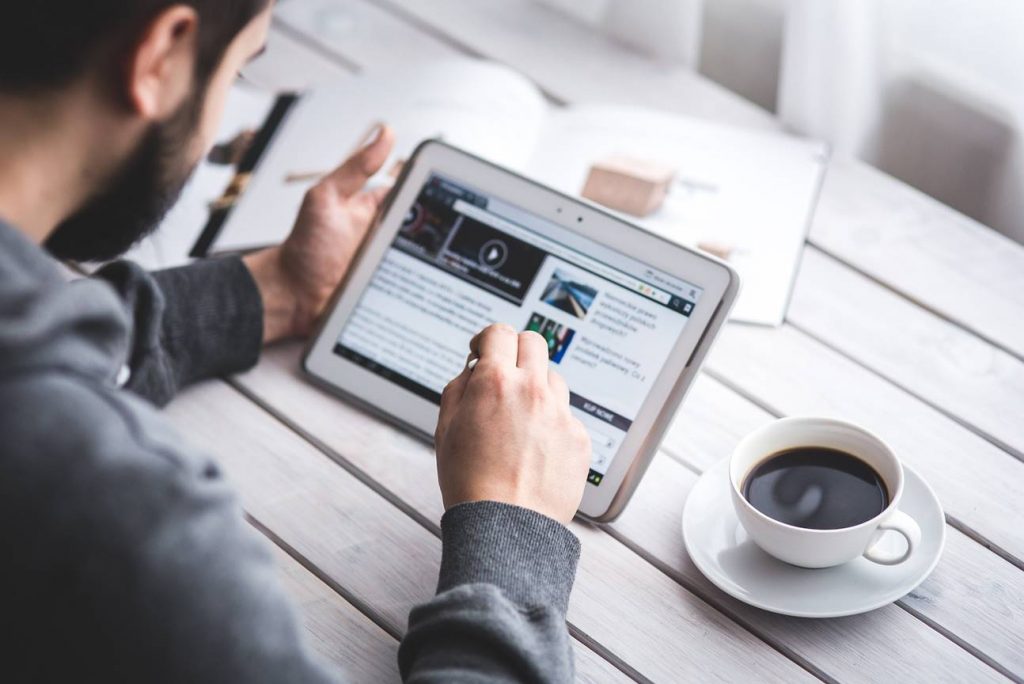
We love our tech devices, and why not? They provide the ability to stay in touch with family and friends, work remotely, read emails, listen to podcasts, check social media, Twitter, or Snapchat, make purchases, Google information, take pictures – all good things… to a point.
Recently I’ve noticed an abundance of articles and research on the perils of smartphone usage, and I thought I’d take a deeper dive to see what’s really going on.
As it turns out, there is a pretty big downside.

We have become a non-stop, always connected, never off-line culture, and it is causing us harm. We’re paying a price in increased stress, anxiety, depression, diminished concentration, poor sleep quality, and lower work productivity. In addition, it is impacting our relationships.
Anxiety and depression have been associated with tech overuse. Think social media, where your self-worth could hinge on your number of likes, or even the lack of responses. We know that anxiety, depression and mental health issues are on the rise, especially in young people, exactly the group that uses smartphones the most.
Surprisingly, physical maladies from smartphone overuse are so prevalent that they have been given names. Although I’m sure there are others, “text neck” caught my eye.
Text neck? It seems this is caused by the forward movement of the head as you read and text, and it causes muscle strain, headaches, and postural malalignment. Considering that it’s estimated that Americans look at their phones between 52-80 times a day, and swipe, tap, or touch their phones 2,617 times a day, I can understand why this could be a problem. Another malady, “texting thumb,” is related to pain and/or stiffness in the thumb due to repetitive movements.

Our brains suffer as well. Researchers have found that just the possibility of an alert from a phone creates distraction and poorer performance. In one study, researchers found that the only way to alleviate the draw of attention from a phone was to have it completely inaccessible (left outside the room). The experimental group who laid them face down and turned off, or even turning them off and placing them in a pocket or satchel, did not escape the negative effect on attention.
Relationships suffer. Have you ever walked through an airport or other public place where you notice groups of young people, and even older adults, all staring intently at their phones, and not interacting with each other in the present moment? There are researchers who are concerned that this is impacting our ability to hold meaningful conversations, and that young people are at even greater risk as they are still developing these skills. How about all the phone use in restaurants? Families sitting together without any interaction during an entire meal. Have you heard of “phubbing”? Short for phone snubbing, it’s a term used to describe ignoring a partner to look at your phone. As you might imagine, this is not appreciated by the other party to the conversation.

Researchers, professionals, and even big tech company executives themselves are sounding the alarm. Here are some of the highlights:

Those are alarming statements made by some heavy hitters who all understand that too much of anything is not a good thing. And if that isn’t enough to convince you, the canary in the mine just might be the fact that there is an entire business model that has grown to treat these problems. There are books, retreats, support groups, and therapists who can help you break your tech habit. There are online questionnaires to assess if you have an addiction. Many articles are written about how to do a “digital detox,” or how to go on a “tech diet.”
Despite the disadvantages of tech, I don’t intend to give up my smartphone, or any other device. However, given the warnings from people who have experience, I do believe it is in all our best interest to begin to be mindful of our usage, before it becomes an unmanageable problem. Just the stress of an always-connected, no down-time life makes me want to be proactive to avoid tech addiction that impacts my life and sends me into tech rehab.
Why wait for your smartphone to take over your life? Take charge of your smartphone and other devices. Begin now to learn to manage them well.

For those of you who are looking for a way to ease into breaking your tech habit, you can begin with some of these ideas. It’s easier to start with smaller goals initially and build on them. Before long, you will see the benefit of your new regimen, and it will become your new, healthier tech habit.
Take the tech challenge. Challenge friends and colleagues to join together and support each other in finding healthier ways to use technology. Agree to try one or two of the suggested strategies or come up with your own.
And since today is WHENsday, why not make that your day to begin? Perhaps set every WHENsday as your day to check in with one another about your progress.
Wishing you a relaxing WHENsday.
— Dr. Nancy Friedman, Chief Being Officer, WHEN®